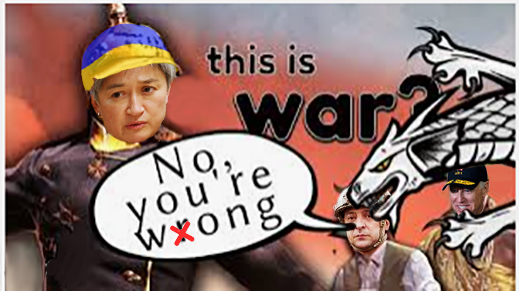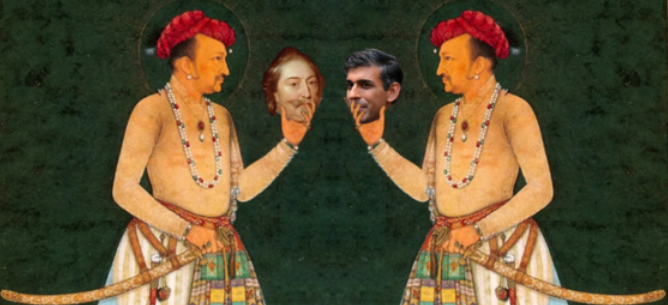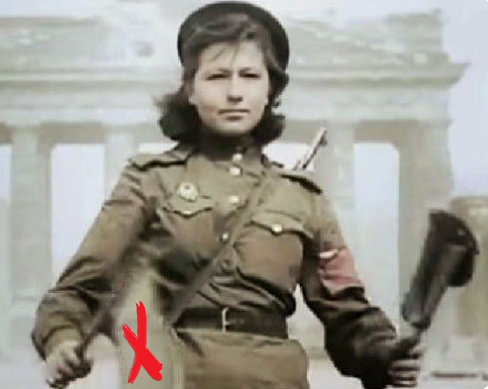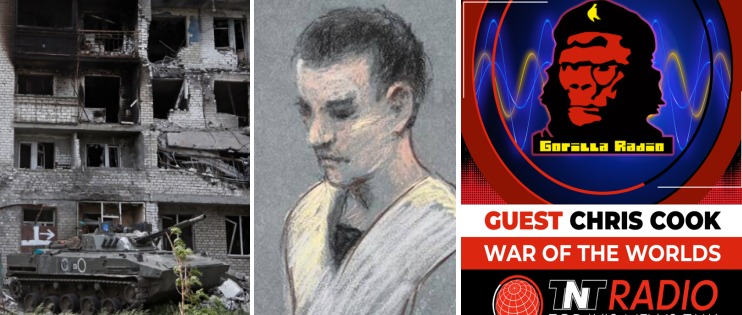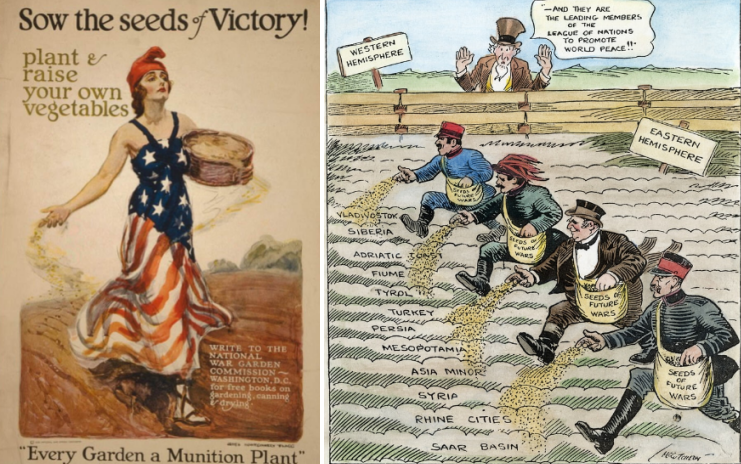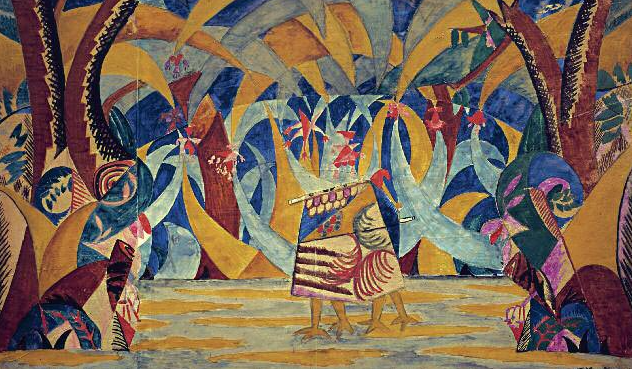

By John Helmer, Moscow
@bears_with
It’s unlikely Vladimir Zelensky has read Oscar Wilde’s well-known maxim: “Imitation is the sincerest form of flattery that mediocrity can pay to greatness.”
But for the idea that Ukrainian officials can draw more profit, and lose fewer of their countrymen on the battlefield, by making a flurry of tactical manoeuvres in several directions imitate a strategic offensive, and a successful one at that — this is a scheme which is neither great nor mediocre. It is also not flattery.
It’s an attempt by the US officials giving Zelensky his running orders – Secretary of State Antony Blinken, Under Secretary of State Victoria Nuland, National Security Advisor Jacob Sullivan, and Joseph Biden, declared candidate for re-election as president – to create the appearance of what they told the New York Times is “their best hope…to make substantial gains… which could give [Ukraine] more leverage in any negotiations.”
On May 12, in the first day of their scheme, 1,725 Ukrainian men were killed on the Donbass front. This is the worst day’s military casualty rate since the US coup in Kiev launched the war in February 2014.
According to the Financial Times, this killing didn’t happen. Instead, the headline reads: “Ukrainian counter-offensive takes shape with the first gains around Bakhmut.” The Washington Post announced likewise: “How Ukrainian forces denied Russia victory in Bakhmut by Victory Day”. The New York Times repeated: “Ukraine’s Advances Near Bakhmut Expose Rifts in Russian Forces”. According to this propaganda, these successes were bloodless on the Ukrainian side.
A NATO forces veteran observes: “An entire regiment has been destroyed. This is cynical trading in flesh.
(more…)
